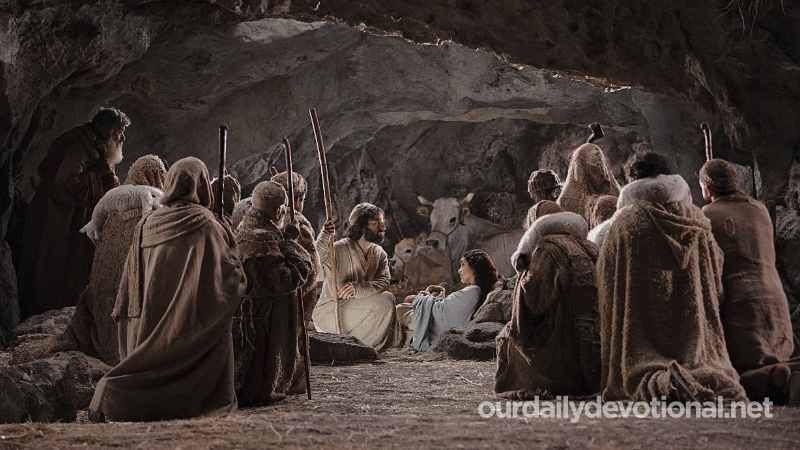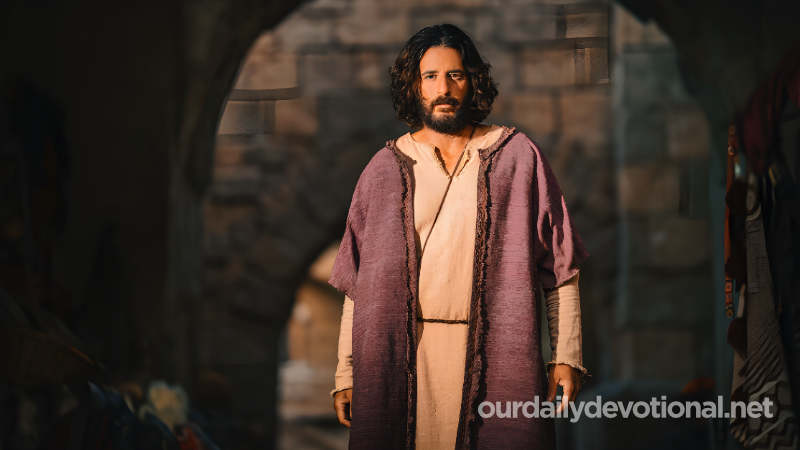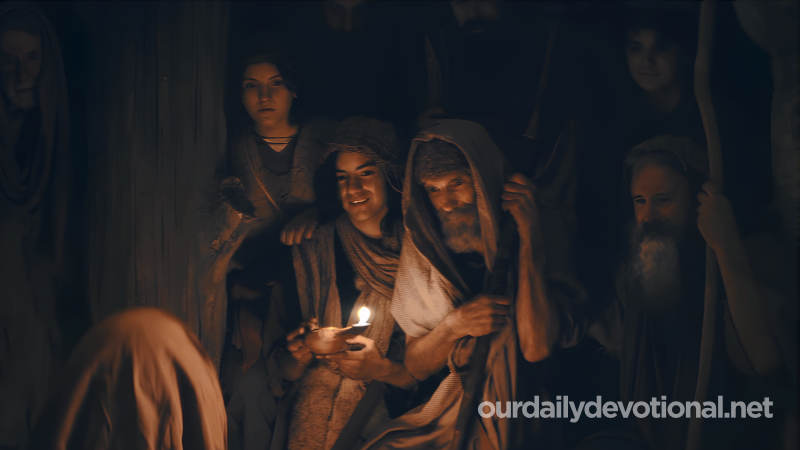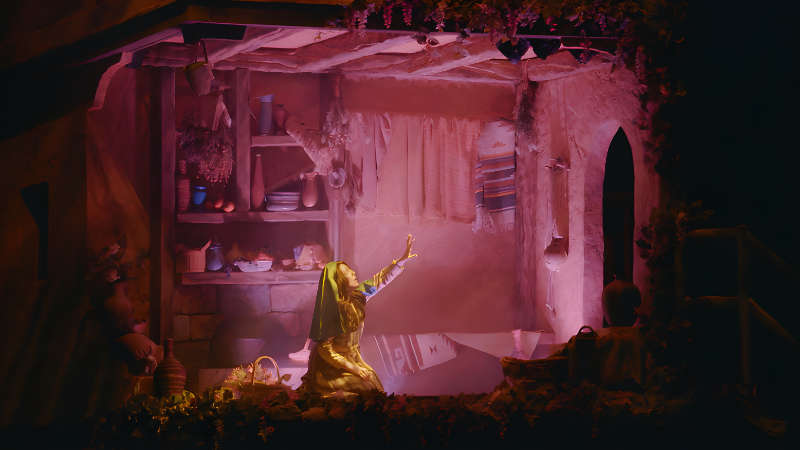(Heb.: "redeemer." It is the participle of the Heb. verb "gã'al, "to liberate").
In Hebrew law, if a Jew had been forced to sell himself, due to debt, to a foreigner, it became the obligation of his closest relative to rescue him (cf. Lev. 25:47 ff.).
He also governed this principle if he had had to sell some of his property (cp. Lev. 25:23 ff.; Rt. 4:4 ff.).
It was also up to the closest relative to marry the childless widow of the deceased (Rt. 3:13). If restitution had to be made to his deceased, this was to be made to the nearest relative, or to the priest if he did not have one (Lev. 6: 1 ff.).
It was also the duty of the goel or closest relative to avenge the blood of anyone who had been the victim of voluntary homicide.
In Lv. 25:48 The order of precedence in acting as a goel is given.
For the figurative use of goel, see Ps. 119:154; Pr. 23:11; Jb. 19:25; Isaiah 41:14 b.
Jesus Christ became our Goel, for which he had to become "our next of kin" through the incarnation.
Boaz is a beautiful type of Christ, by rescuing the lost possession and marrying Ruth, who therefore becomes a type of the Church.
Meaning of GOEL
(Heb.: "redeemer." It is the participle of the Heb. verb "gã'al, "to liberate").
In Hebrew law, if a Jew had been forced to sell himself, due to debt, to a foreigner, it became the obligation of his closest relative to rescue him (cf. Lev. 25:47 ff.).







